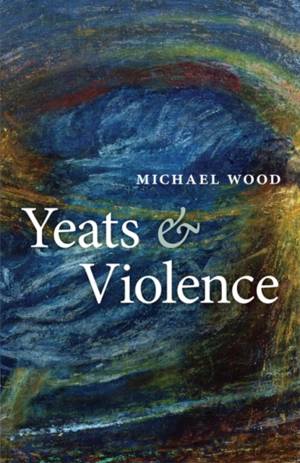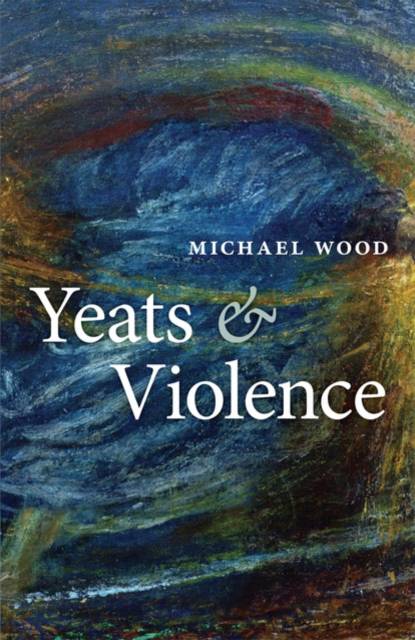
- Retrait gratuit dans votre magasin Club
- 7.000.000 titres dans notre catalogue
- Payer en toute sécurité
- Toujours un magasin près de chez vous
- Retrait gratuit dans votre magasin Club
- 7.000.0000 titres dans notre catalogue
- Payer en toute sécurité
- Toujours un magasin près de chez vous
61,45 €
+ 122 points
Description
The night can sweat with terror as before
We pieced our thoughts into philosophy,
And planned to bring the world under a rule,
Who are but weasels fighting in a hole.
W.B. Yeats, 'Nineteen Hundred and Nineteen' This is a book about how poetry, seen through the instance of a single poem, seeks to make sense of a turbulent and dangerous world. Poetry must introduce order and shape where there is none, and also, in certain crucial cases, remain faithful to the disorder and shapelessness of experience. Many poems manage the first of these tasks; very few manage both. W.B. Yeats 'Nineteen Hundred and Nineteen' (written and first published in 1921) is one of them. It is a work which asks what happens when what is taken to be civilization crumbles. What apocalyptic events wait in the wings? What are history's victims (and executors) to do except mock and mourn? Successive chapters investigate the six parts of the poem, connecting them to Yeats' broader poetic practice, his interest in the occult and his changing vision of Irish nationalism; to the work of other poets (Irish, English, Russian German); and to Irish and European history between 1916 (the date of the Easter Uprising in Dublin) and 1923 (the date of the end of the Irish Civil War). Theoretical considerations of the shape and meaning of violence, both political and religious, link the chapters to each other.
We pieced our thoughts into philosophy,
And planned to bring the world under a rule,
Who are but weasels fighting in a hole.
W.B. Yeats, 'Nineteen Hundred and Nineteen' This is a book about how poetry, seen through the instance of a single poem, seeks to make sense of a turbulent and dangerous world. Poetry must introduce order and shape where there is none, and also, in certain crucial cases, remain faithful to the disorder and shapelessness of experience. Many poems manage the first of these tasks; very few manage both. W.B. Yeats 'Nineteen Hundred and Nineteen' (written and first published in 1921) is one of them. It is a work which asks what happens when what is taken to be civilization crumbles. What apocalyptic events wait in the wings? What are history's victims (and executors) to do except mock and mourn? Successive chapters investigate the six parts of the poem, connecting them to Yeats' broader poetic practice, his interest in the occult and his changing vision of Irish nationalism; to the work of other poets (Irish, English, Russian German); and to Irish and European history between 1916 (the date of the Easter Uprising in Dublin) and 1923 (the date of the end of the Irish Civil War). Theoretical considerations of the shape and meaning of violence, both political and religious, link the chapters to each other.
Spécifications
Parties prenantes
- Auteur(s) :
- Editeur:
Contenu
- Nombre de pages :
- 156
- Langue:
- Anglais
- Collection :
Caractéristiques
- EAN:
- 9780199557660
- Date de parution :
- 01-08-10
- Format:
- Livre relié
- Format numérique:
- Ongenaaid / garenloos gebonden
- Dimensions :
- 140 mm x 203 mm
- Poids :
- 348 g

Les avis
Nous publions uniquement les avis qui respectent les conditions requises. Consultez nos conditions pour les avis.






